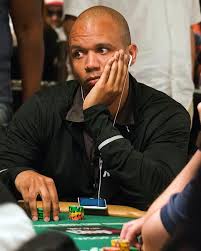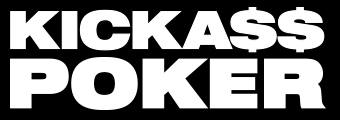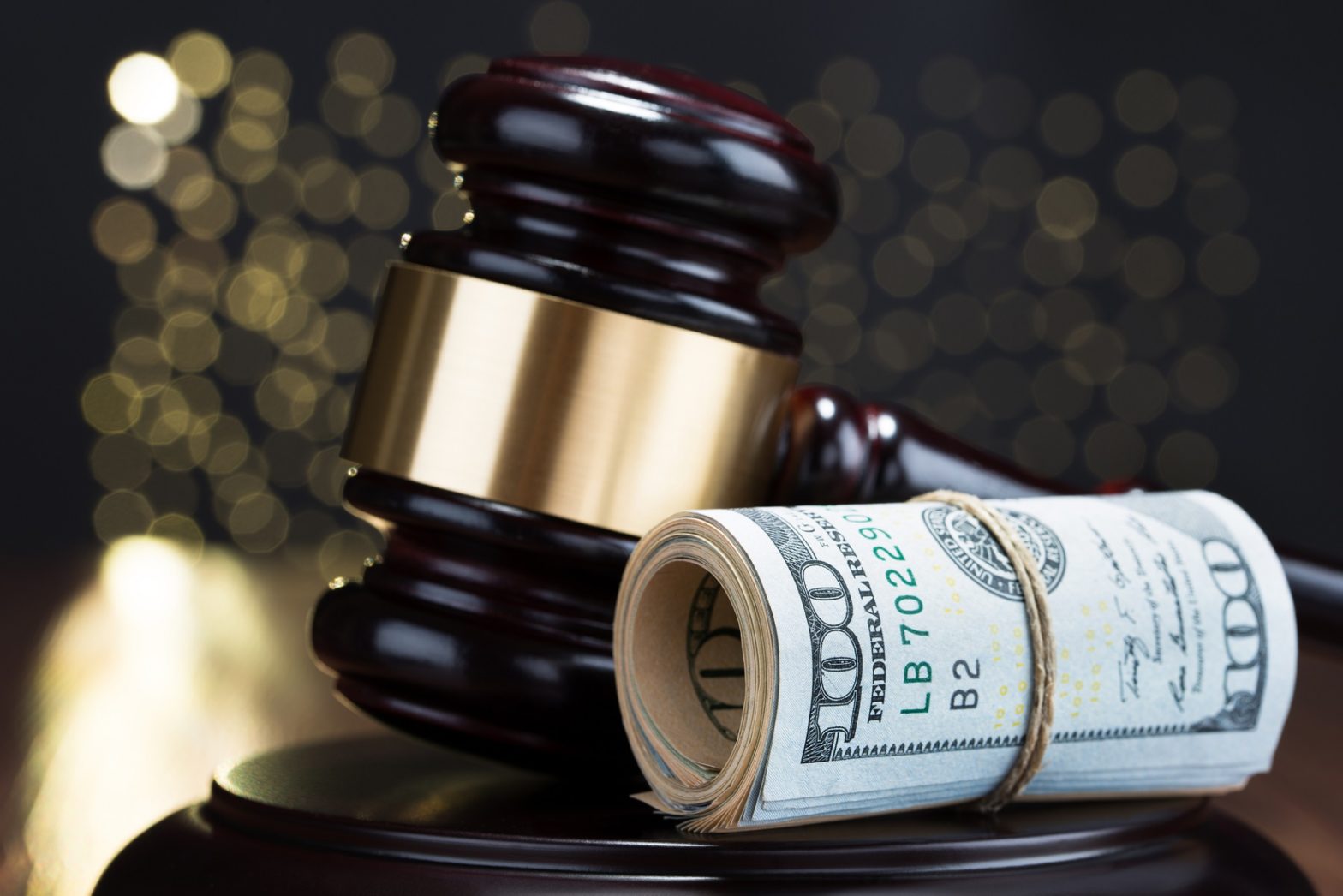After a news void of more than nine months, recent court filings show that the long-running court battle between Phil Ivey and New Jersey’s Borgata casino is finally nearing its conclusion. Last week, lawyers for the two sides jointly notified the US’s Third Circuit Court of Appeals that they had reached a preliminary agreement to resolve the matter.
Ivey and co-defendant “Kelly” (Cheung Yin) Sun had been sued by the Borgata in 2014 over roughly $9.6 million that Ivey had won at the Borg’s mini-baccarat tables from 2010 to 2012. The sharp-eyed Sun served as Ivey’s accomplice in a complicated scheme in which Sun identified subtle card variations and convinced a lax Borgata staff to rotate certain cards in the game’s decks. The cards were then shuffled improperly and the effect was to cumulatively switch the game’s odds considerably in Ivey’s favor.

Ultimately, US District Judge Noel Hillman ruled in late 2016 that Ivey and Sun had tampered with the game’s known odds and had to repay the $9.6 million, along with more than another half a million in profit from craps gambling that Ivey funded with the mini-baccarat winnings. Ivey and Sun appealed the judgment as soon as some third-party issues were resolved, and the case had been before the Third Circuit ever since.
The case went quiet, however, last September, after attorneys for both sides offered oral arguments to the Third Circuit bench. What also unfolded at that time — and which was not disclosed in the publicly available court docket — was that the case had been referred to a special mediation service. The court’s mediators, according to the recent settlement filing, assisted in helping the two sides reach a deal.
Exactly how much Ivey (and Sun) will be required to pay won’t be officially disclosed, though it seems certain that the pair will be refunded some portion of the adjudged ill-gotten winnings to the Borgata. One interesting sidelight in the case involves a related legal matter in Nevada, where the Borgata had successfully docketed its $10.13 million New Jersey judgment, in order to pursue any Ivey assets in Nevada that could be identified.
That docketing allowed the Borgata, via MGM, to seize Ivey’s winnings of more than $124,000 in the 2019 WSOP $50,000 Poker Players Championship. Ivey finished eighth in that event but never saw a penny of it. It turned out that Ivey had been officially backed into the event by fellow high-stakes pros Daniel “Jungleman” Cates and Illya Trincher. (Soon after the Borgata seized Ivey’s PPC winnings, the poker public was treated to the spectacle of Ivey donking off his $10,000 buy-in on Day 1C of the WSOP Main Event. It is quite possible that Ivey dumped his buy-in after realizing that even if he cashed in the ME, the Borgata would seize the payday.)
Weeks later, Cates and Trincher filed a counterclaim against the Borgata for roughly $87,000, which represented the WSOP PPC event’s $50,000 buy-in plus 50% of Ivey’s net winnings. The mechanism behind it all was rather clear: If Ivey could use an artificial wall of officially being backed into events by other players, it would create a situation where the Borgata could claim only a minority percentage of Ivey’s Nevada wins.
That ploy failed. In late May, in a ruling that went under the radar, the Nevada court where the Borgata seizure efforts were approved issued another ruling in the Borg’s favor. Without specifically declaring so, the ruling also wiped out Cates’ and Trincher’s backing-deal claims and deep-sixed the whole “backing” end-around as a way of foiling the Borgata’s seizure efforts.
How much the Nevada ruling played into the New Jersey appeal settlement is anyone’s guess, but the odds are it factored in more than most people would realize. Ivey was at continuing risk of having his gambling winnings seized anywhere in the US. He also hadn’t played a poker tourney in the US since the WSOP funds seizure, though he did travel to the Czech Republic last fall to play at WSOP Europe.
It’s highly unlikely that Ivey (and Sun) will repay the Borgata anything near the $10.13 million (plus interest) of the 2016 judgment. It is also unreasonable to think that Ivey and Sun are walking away from this having paid just a few pennies on the dollar. It simply wouldn’t make sense for the Borg to settle so cheaply when they’ve absorbed so much legal cost and have won ever judgment against Ivey to date.
With the secondary Nevada victory and the ongoing impact on Ivey’s gambling in US casinos, some mid-range settlement figure — maybe $5 million — seems like the right range, though we’ll likely never know for sure. Yet the fact that Ivey and Sun are able to settle for anything shows what a sham the backing counterclaims filed by Cates and Trincher really were. If Ivey and Sun can afford to settle for a few million, Ivey could easily have afforded his own $50,000 PPC buy-in.
All this said, the settlement between Ivey and Sun and the Borgata isn’t quite done. As the recent filing explains, the settlement will go into effect only if the ongoing appeal is stayed, the Third Circuit appellate court does a “partial remand” and sends the case back to Judge Hillman’s New Jersey court, and Hillman then nullifies part of his earlier rulings and orders. That has to include the biggee — the finding that Ivey and Sun were jointly liable for the $10.13 million judgment as ruled in 2016.

